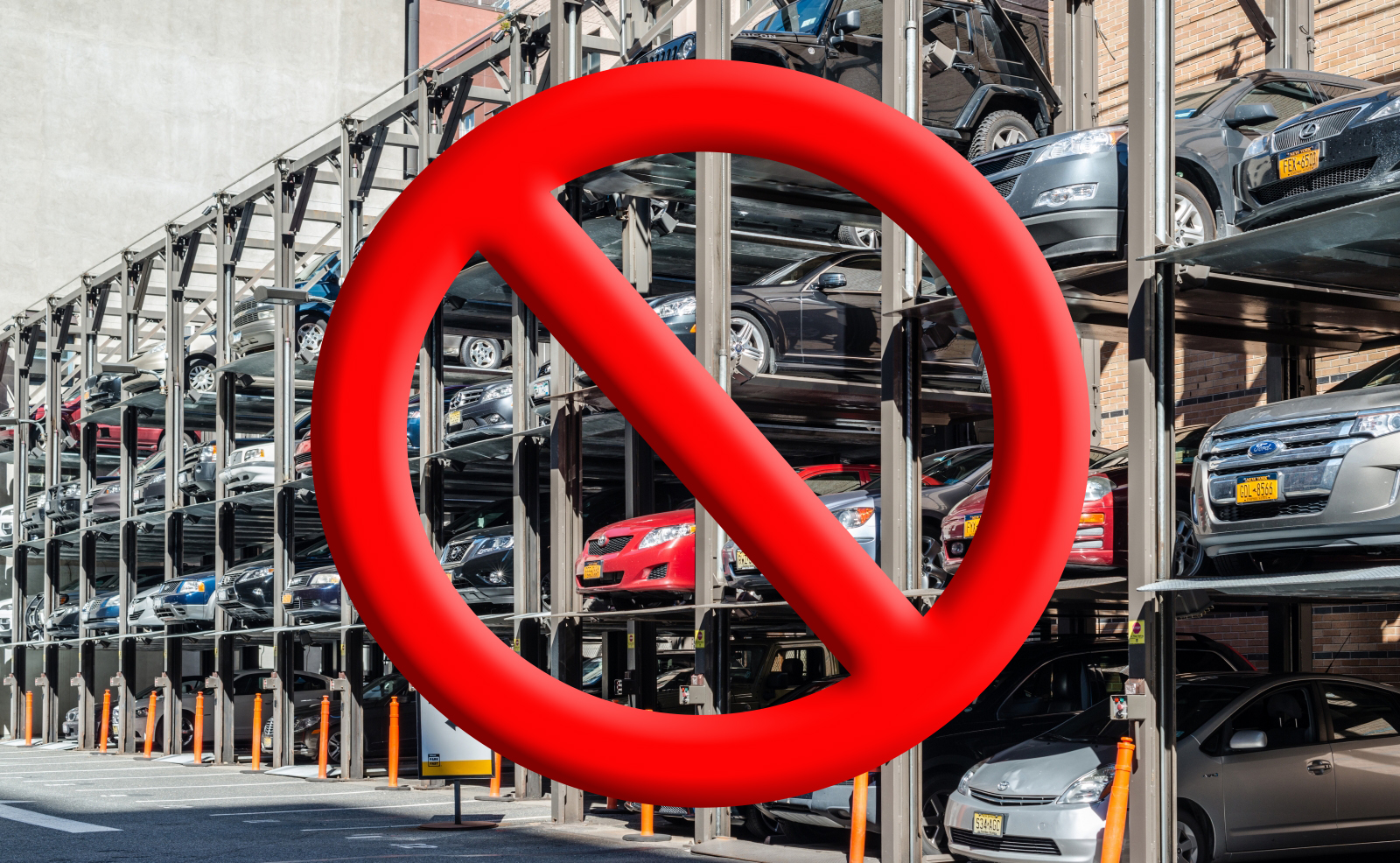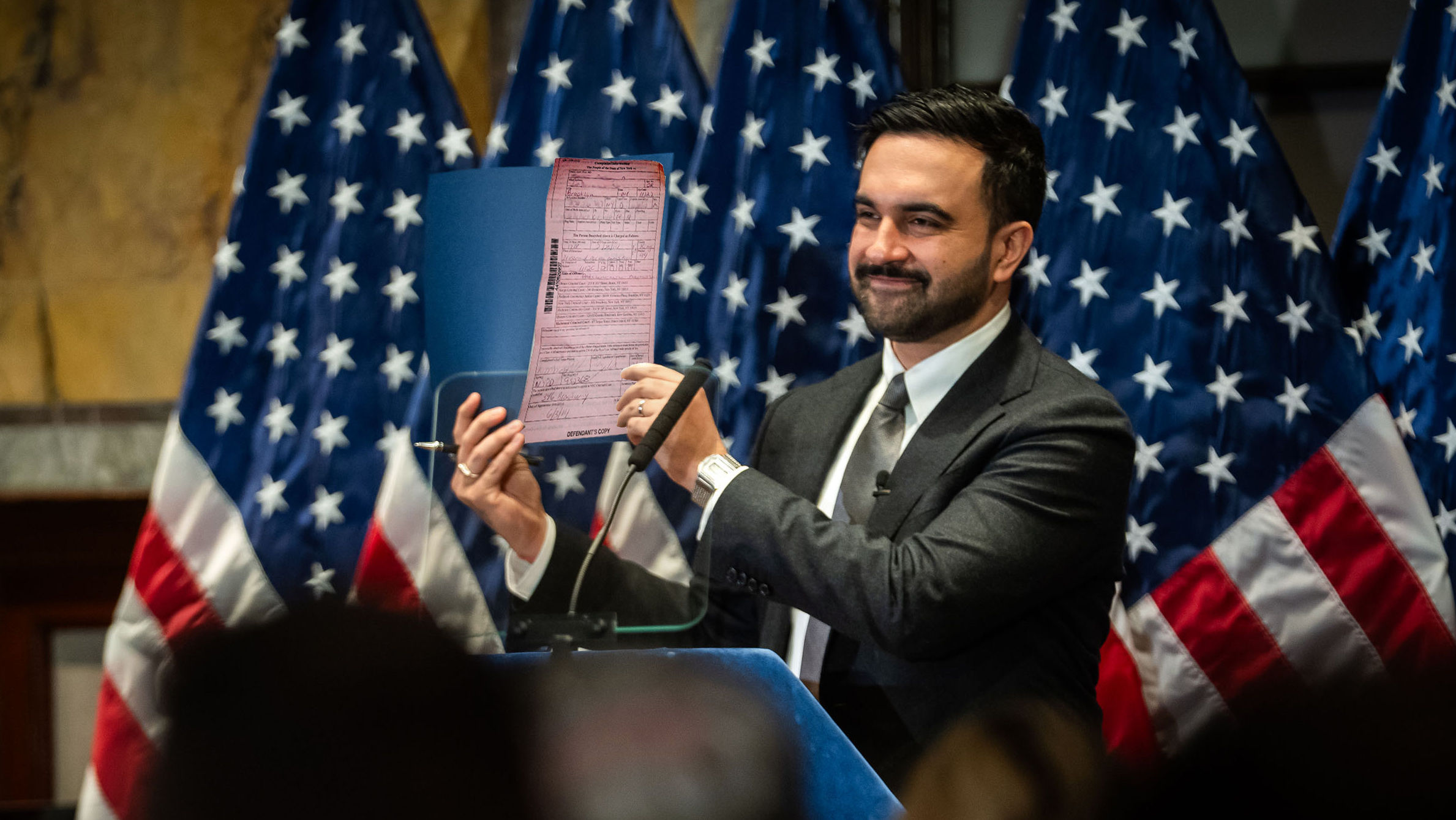It’s a common refrain in the Bronx and Queens: we’re in a transit desert so space for cars must be our priority. When elected officials say it, their tone often implies that it’s an unfortunate situation. Yet time and again, they make decisions that actively preserve this reality they profess to dislike. It’s too bad these neighborhoods aren’t walkable with good public transit, they seem to say, but I’m not going to do a thing about it.
When will our elected officials stop governing for what exists now and start governing for what we want in the future? As residents of these neighborhoods, we understand the need for cars (we use them ourselves!) and the gaps in public transportation. But that doesn’t mean we want the city to mandate parking in our neighborhoods and resign us all to life in transit deserts. Our officials decry car dependence then turn around and block progress that could end it, citing that same car dependence as the reason. It’s a vicious cycle, and a trap, with severe consequences for New Yorkers. We must break free.
Queens Borough President Donovan Richards just submitted his official recommendations for City of Yes for Housing Opportunity, and he opposes lifting parking mandates in some neighborhoods, citing Queens’ meager public transit options. Yet those transit deserts were partly caused by the very parking mandates he supports. Why would we retain them? City of Yes is a once-in-a-generation chance to fix past mistakes. Even Richards, who is generally supportive of livable streets policies, misses the point here. Even though some areas currently need cars, we should fix City zoning to allow for more options in the future. We should not cling to parking mandates when we know they encourage car ownership, make streets less vibrant, increase rents, and pollute our air.
In the Bronx, Council Member Kristy Marmorato recently lobbied to get parking mandates added back into a rezoning project meant to create more housing near two new Metro North stations. The project will cut commute times to Manhattan by as much as 50 minutes, helping residents opt for public transit. And yet, Council Member Marmorato fought to maintain parking mandates rather than help residents embrace this opportunity with increased bus and shuttle service and safer cycling infrastructure. “We live in a transit desert where cars are a necessity for daily activities," she said. We agree, and believe she has a responsibility to lead the area toward a future where the transit options are more abundant.
Parking mandates don’t only impact how we get around the neighborhood, they result in less housing and higher costs. Retaining them means requiring developers to add as much as $150,000 per parking spot to new projects. Those costs translate to higher residential and commercial rents and render many affordable housing projects impossible to build. New York City is in a housing crisis and these parking mandates are adding to it. By fighting to retain them, our elected officials are condemning us to continued unaffordability and low housing stock.
Of course this paradox isn’t exclusive to parking mandates. Time and again, City officials block public transit projects while lamenting the lack of public transit. The Fordham Road busway, for instance, was canceled because it would supposedly take away space for cars that some business interests claimed was needed. But better transit is the key to no longer needing that space for cars. And a survey showed that 86% of shoppers arrive at the corridor by walking or public transit anyway. Prioritizing better transit options would only help more New Yorkers get around that way, decreasing congestion and helping the local economy.
Clinging to parking mandates is especially ironic because lifting them wouldn’t ban parking. Developers in the Bronx have already testified that they would continue to include new parking in developments, they’d just tailor it more closely to community needs, likely including less than what’s currently mandated but not no parking. Why is a city planner from the 1960s more qualified to make decisions about our neighborhoods than the community itself?
Parking mandates are simply the wrong fix for an acknowledged problem. New Yorkers like us need safe and convenient ways to get around; leaders clinging to parking mandates are trying to solve this by simply mandating more and more space for cars. But this only doubles down on the destructive choices of the past. Perhaps they feel stuck, but we’re asking our leaders not to trap New Yorkers in this paradox where their actions reinforce the status quo we all dislike. The better option? Start investing in public and active transit now and put a stake in the ground for a healthier, happier future. If we do, tomorrow’s generation of politicians will not inherit the same problem that Richards and Marmorato have. That’s the future we want. To get it, we must start building it today; no parking required.






